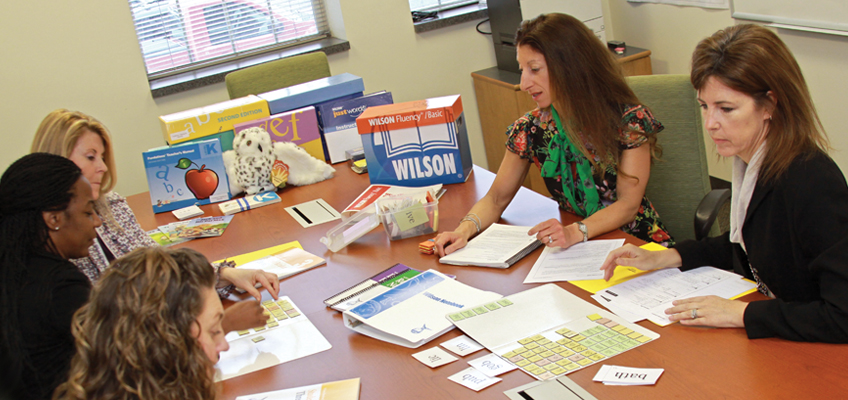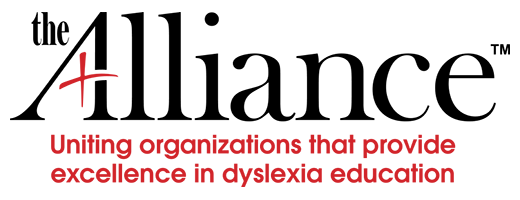
Sustainable Syracuse
Posted: November 26, 2019In 2008, the Syracuse City School District (SCSD) in central New York entered into the world of Wilson® with great hopes and expectations as well as a solid plan for consistent, in-district training that would allow educators to provide expert instruction and improve student outcomes.
Since then, the district of 21,700 students and 1,750 teachers “has maintained high-quality Wilson professional learning that is ongoing, job embedded, and focused on strengthening teacher practice and student learning,” shares Francine Grannell, the district’s Director of Professional Development.
“We have built the capacity and sustainability to support this type of professional learning through multiple indistrict Wilson Trainers and Presenters. The professional learning structures that we have used for over a decade in partnership with Wilson align to best practices in the field.” The extent of professional growth and student achievement did not happen by chance. It began with a carefully developed succession plan to build sustainability, capacity, and best practices for the district’s multi-tiered system of supports, explains Francine, the district’s former Assistant Director of Special Education and the 2012 recipient of Wilson’s Mary Ann Bonneau Award for exceptional leadership and dedication to literacy.
When the 37-school district rolled out the Wilson Reading System® (WRS), Fundations®, and Just Words®, it followed Wilson’s recommended guidelines, which included incorporating the tenets of implementation science into its literacy plan. In the first year, the district’s K-12 special education teachers were introduced to WRS and Fundations through introductory workshops that prepared them to recognize the signs of dyslexia and common reading problems and learn the fundamentals of Wilson’s multisensory structured language (MSL) instruction.
Linda Mulvey was instrumental in identifying the need for effective programs for students with language-based learning disabilities and bringing Wilson Language Training® (WLT) programs to the district when she served as Assistant Director of Special Education. Now Chief Academic Officer, she and the district’s leadership continue to support the programs and professional learning, says Francine. Irastina Reid, the current Assistant Director of Special Education, is leading the department to ensure that students have access and opportunity to instructional programs that will best fit their specific needs.
“Being immersed within the continued progression of WLT’s highly effective model of professional learning has resulted in significant improvements in student achievement and teacher practice,” Francine says. The district has developed multiple Fundations and Just Words Presenters and Facilitators, 64 WRS Level I and six Level II certified instructors, and three Wilson Credentialed Trainers (W.C.T.) – Francine, Karen Boyle, and Carla Pittarelli. Kate
Curtin will complete her internship in 2019, becoming the fourth trainer.
Carla, the district’s full-time Wilson Support Specialist, shares, “Teachers feel a whole shift in their teaching because now there’s the whole pedagogy around how the program is taught. They report that their Wilson training makes them better teachers because it helps train them to diagnostically teach.”
To support its professional development redesign, SCSD also belongs to two communities of practice: AASA, The School Superintendents Association; and Learning Forward, whose Standards for Professional Learning guide the district in the design, development, implementation, and evaluation of professional learning. The structures for professional learning that Wilson has developed for each of its programs align to the Standards for Professional Learning, which ensures quality of experience and outcomes for educators
and students in Syracuse.
“Wilson offers a progressive approach to professional learning, which allows educators to deepen their content knowledge and pedagogy over time,” Francine says. “We have moved toward professional learning as the continuous, sustained, and focused engagement of educators in learning to refine, expand, and improve their knowledge, skills, dispositions, and practices.”
(This article was originally published in the spring 2018 issue of The Decoder.)
